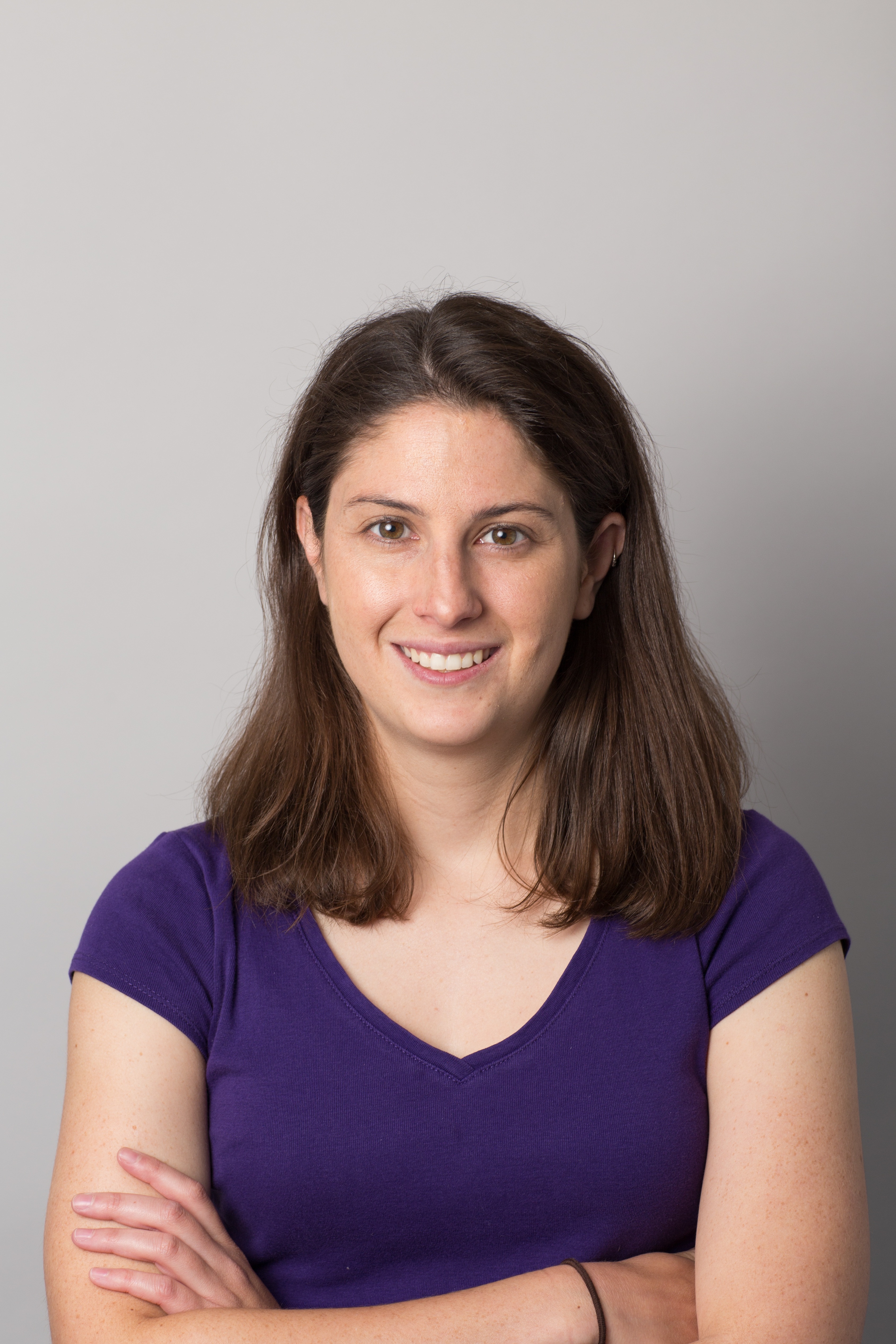Catherine Caruso is a freelance science journalist based in Boston, Massachusetts. Her work has appeared in Scientific American, MIT Technology Review and Hakai Magazine. She has a master’s degree in zoology from the University of New Hampshire and a master’s degree in science writing from the Massachusetts Institute of Technology.

Catherine Caruso
From this contributor
Diagnostic odyssey; breaking through; leading role
A doctor decodes a rare genetic condition, burnout is a big problem in science, and an actor with autism will play the lead in “The Curious Incident of the Dog in the Night-Time.”
Diagnostic odyssey; breaking through; leading role
Collaborative conference; drug danger; autism map
Autism researchers and advocates gather in San Francisco, nearly one-third of drugs approved in the United States are later linked to safety issues, and an interactive map lays out locations of U.S. autism clinics.
Collaborative conference; drug danger; autism map
Network television; facing forward; warm welcome
Researchers captured networks of neurons lighting up in a small aquatic animal, facial recognition software can flag genetic conditions, and a Muppet with autism makes her debut on “Sesame Street.”
Network television; facing forward; warm welcome
Funding free fall; mending mutations; film focus
Donald Trump’s budget blueprint calls for considerable cuts to science agencies, CRISPR corrects mutations in human embryos, and a documentary highlights the challenges faced by an adult with autism.
Funding free fall; mending mutations; film focus
Behavior boost; double data; common interests
Neuroscientists should not forget that brains have owners, a new genetic database makes its debut, and the intense interests of people with autism offer opportunities.
Behavior boost; double data; common interests
Explore more from The Transmitter
Two neurobiologists win 2026 Brain Prize for discovering mechanics of touch
Research by Patrik Ernfors and David Ginty has delineated the diverse cell types of the somatosensory system and revealed how they detect and discriminate among different types of tactile information.

Two neurobiologists win 2026 Brain Prize for discovering mechanics of touch
Research by Patrik Ernfors and David Ginty has delineated the diverse cell types of the somatosensory system and revealed how they detect and discriminate among different types of tactile information.
Shifting neural code powers speech comprehension
Dynamic coding helps explain how the brain processes multiple features of speech—from the smallest units of sounds to full sentences—simultaneously.

Shifting neural code powers speech comprehension
Dynamic coding helps explain how the brain processes multiple features of speech—from the smallest units of sounds to full sentences—simultaneously.
Astrocytes orchestrate oxytocin’s social effects in mice
The cells amplify oxytocin—and may be responsible for sex differences in social behavior, two preprints find.

Astrocytes orchestrate oxytocin’s social effects in mice
The cells amplify oxytocin—and may be responsible for sex differences in social behavior, two preprints find.